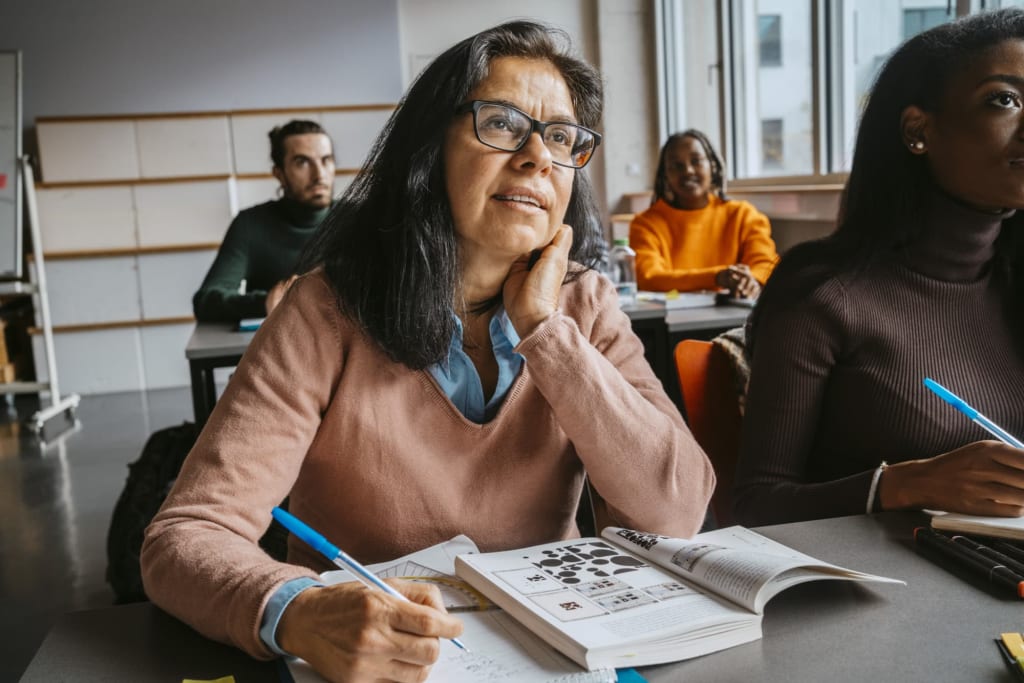Nontraditional Student Experiences: An Interview with Gary Alan Miller
As traditional college students enter the classroom, complete with dorm rooms and textbooks, nontraditional students typically have a different experience. These students, often older and balancing work, family, and other responsibilities, bring a unique perspective to the college setting.
Gary Alan Miller is one such nontraditional student who decided to return to school later in life to pursue a degree in psychology. In an interview, Gary shared his thoughts on his nontraditional student experience and how it has shaped his time in college.
Q: What inspired you to return to school as a nontraditional student?
A: After working in sales for many years, I realized that I wanted a change. I always had an interest in psychology and decided to pursue a degree in the field. It was a big decision to go back to school at my age, but I felt it was important to follow my passion and continue learning.
Q: What has been the biggest challenge you’ve faced as a nontraditional student?
A: Balancing school, work, and family responsibilities has definitely been a challenge. Juggling assignments and exams while also working full-time and spending time with my family can be overwhelming at times. But I’ve learned to prioritize my time and make the most of every opportunity.
Q: How has being a nontraditional student shaped your college experience?
A: Being a nontraditional student has given me a different perspective on my education. I bring real-world experience and insights to the classroom, which has enriched my learning experience. I also appreciate the opportunity to connect with students of all ages and backgrounds, as it has broadened my understanding of different perspectives.
Q: What advice do you have for other nontraditional students considering returning to school?
A: My advice would be to not let fear or uncertainty hold you back. It’s never too late to pursue your passions and further your education. Take advantage of the resources available to you, such as academic support services and networking opportunities. And most importantly, remember to prioritize self-care and balance your commitments to ensure a successful academic journey.
Gary’s story is just one example of the many nontraditional students who are pursuing their education later in life. These individuals bring a unique perspective and diverse skill set to the college setting, enriching the academic experience for themselves and their peers. Whether you’re considering returning to school as a nontraditional student or simply interested in learning more about this population, we can all benefit from their experiences and insights.
